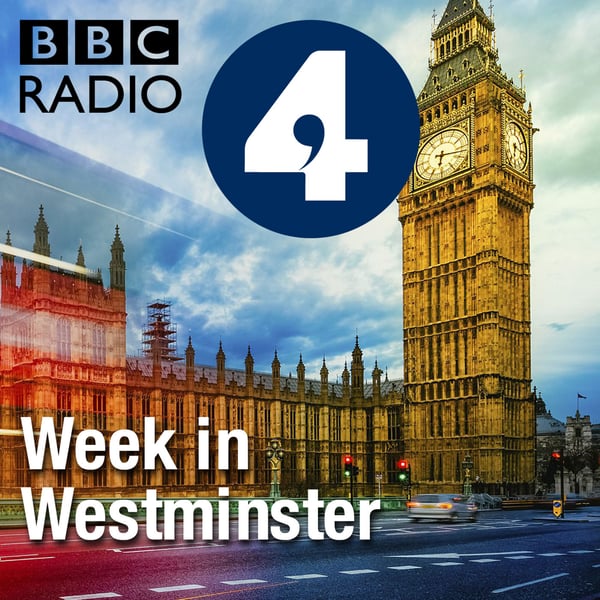08/02/2025
The Week in Westminster
BBC
4.2 • 239 Ratings
🗓️ 8 February 2025
⏱️ 28 minutes
🧾️ Download transcript
Summary
Sonia Sodha of The Observer assesses the latest developments at Westminster.
How should the British government respond to Donald Trump? That question was again asked this week after the American President suggested the US could take over Gaza, removing Palestinian residents in order to redevelop the strip. Earlier in the week the President also threatened tariffs against allies such as Mexico, Canada and the EU. To discuss how the UK should navigate this tricky diplomatic terrain, Sonia speaks to Lord Darroch, former UK ambassador to the US, and Sir David Lidington, a former Conservative Cabinet minister and now chairman of the defence think tank RUSI.
Education Secretary, Bridget Phillipson, gave a major speech on Monday setting out her vision for England's schools. It follows criticism of her Children's Wellbeing and Schools Bill which is currently going through Parliament. To debate the reforms Sonia is joined by Mary Bousted, a former general secretary of the National Education Union and now a Labour peer, and Neil O'Brien, a Conservative MP and former minister.
Is the UK becoming less cohesive? Sara Khan, the government's former independent adviser on social cohesion and resilience, explains why she thinks there is a risk to democracy from declining social cohesion.
And, as a new book charting Keir Starmer's rise to power sends the Westminster gossip machine into overdrive, Sonia speaks to one of the co-authors, Gabriel Pogrund of The Sunday Times, and Labour peer, Ayesha Hazarika.
Transcript
Click on a timestamp to play from that location
| 0:00.0 | BBC Sounds, Music, Radio, podcasts. |
| 0:04.8 | This is Sonia Soda of The Observer, with The Week in Westminster. |
| 0:09.6 | Once again, conversation at Westminster this week was dominated by one subject, President Donald Trump. |
| 0:16.9 | Standing alongside the Israeli Prime Minister, he drove a coaching horses through the international |
| 0:22.2 | consensus on the Middle East at a White House press conference on Tuesday. |
| 0:26.4 | The US will take over the Gaza Strip and we will do a job with it too. |
| 0:32.2 | We'll own it and be responsible for dismantling all of the dangerous, unexploded bombs and other weapons on the |
| 0:38.4 | site, level the site and get rid of the destroyed buildings. We have an opportunity to do something |
| 0:45.7 | that could be phenomenal. And I don't want to be cute. I don't want to be a wise guy, but the Riviera |
| 0:52.2 | of the Middle East, this could be something that could be so magnificent. |
| 0:57.4 | It wasn't President Trump's only big foreign policy intervention. |
| 1:01.6 | He also made good on his threat to impose hefty tariffs on Chinese imports |
| 1:06.3 | and warned Canada, Mexico and the EU, the same might be in store for them. |
| 1:12.8 | All this has raised a difficult question for the British government. |
| 1:17.6 | At a time when the UK can scarcely afford the cost of any economic retribution, |
| 1:22.9 | with the Bank of England cutting growth forecasts, how should ministers respond? To answer that, |
| 1:29.9 | I brought together the crossbench peer, Lord Kim Darrick, a former British ambassador to the United |
| 1:35.1 | States, and Sir David Liddington, former Conservative Cabinet Minister and now chairman of the |
| 1:41.2 | Foreign Policy think tank Rusey. I began by asking Kim whether President Trump's intervention on Gaza |
| 1:47.9 | had taken him by surprise. |
| 1:50.3 | It did a bit because it went so far in overturning |
| 1:54.4 | established lines of not just American, but Western foreign policy |
... |
Please login to see the full transcript.
Disclaimer: The podcast and artwork embedded on this page are from BBC, and are the property of its owner and not affiliated with or endorsed by Tapesearch.
Generated transcripts are the property of BBC and are distributed freely under the Fair Use doctrine. Transcripts generated by Tapesearch are not guaranteed to be accurate.
Copyright © Tapesearch 2025.

